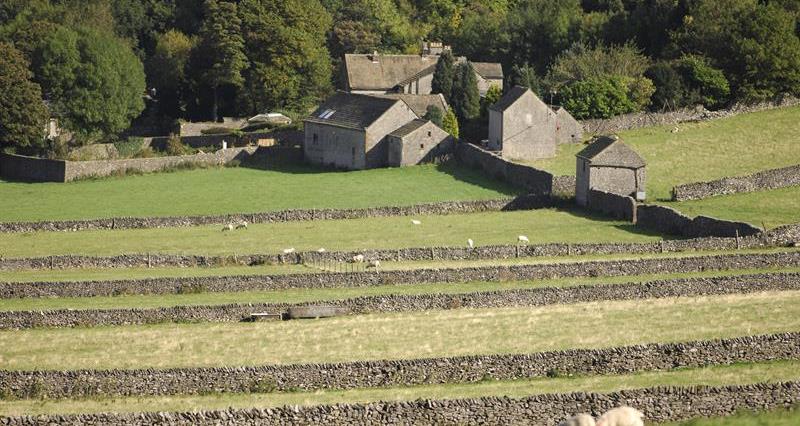The NFU has submitted a response to the Efra Committee's call for evidence into tenant farming. NFU members were invited to provide us feedback which we fed into the response.
Pressures and challenges facing tenant farmers
Those highlighted by the response included:
- Land taken back in hand by a landlord
- Declining BPS
- Access to borrowing and finance
- Landlord consent for scheme entry
- ELM Scheme options
The NFU drew attention to the fact that not only do tenant farmers face different challenges to owner occupiers but that challenges will be different tenant to tenant depending on how much rented land they rely on.
Landlord and tenant relationships
There are good and bad landlord / tenant relationships with some landlords wanting to be more involved than others with their tenants.
The type of landlord, estate or land holding, the size and whether it is equipped or not are often factors which contribute to how the relationship works. More traditional estates tend to have longer term multigenerational relationships whilst other smaller landlords may prefer shorter lets.
Bare land lettings tend to attract a much shorter term than lets that include land, buildings and a house. The size of the area let also appears to influence the length of term with larger areas being let for the longest.
Due to these trends in letting for certain lengths of term and that a ‘one size fits all’ approach may not work for everyone within the sector and flexibility for all parties is very important.
It is also worth noting that during periods of uncertainty around new environment schemes and payments, landowners tend to either take land back in hand or to let on very short terms. This allows them to keep as many options as possible open to them.
Areas that the government could consider to assist a more collaborative approach include:
- Disputes relating to requests for landlord's consent or variation of terms within Farm Business Tenancies
- Introduction of a hybrid FBT (farm business tenancy)
- Improvement financing for FBTs to encourage landlord investment on a holding
Interaction with wider government policies
For certain initiatives such as housing, renewable energies especially solar farms and environmental schemes, a landlord might contemplate either taking land back to sell or repurpose for a non-agricultural use should prospective returns be more attractive than letting.
Government policies that involve agricultural land need to encourage land sharing and not sparing.
In short, delivering agriculture and other uses on the same parcel of land rather than taking land out of agricultural production for delivery of an alternative outcome.
Access to environmental land management schemes and productivity schemes
Government have taken steps to make schemes such as SFI, CS and other productivity schemes accessible to tenants.
What is important, and what the NFU has previously stated in conversations with Defra, is that payment levels need to be sufficient for a tenant to be able to make a living from their farming business after they have paid their rent.
As many options as possible within SFI need to be compatible with standard tenancy terms to enable and incentivise participation.
New entrant farmers
The NFU is aware of some positive scenarios where land is specifically being placed on the tenanted market specifically with a view to it being a decent length tenancy for a new entrant farmer.
However, the NFU has also had feedback from landowners that they would be reluctant to let for a longer term to a new entrant, as the new entrant is considered high risk by landlords due to a perceived lack of capital and experience.
As such, shorter term FBTs, share farming or contract farming arrangements offer good ways for a new entrant to be able to build their business portfolio to eventually become attractive prospect for landlords to offer longer term tenancies to.
It is very important that county farm estates, especially in the traditional progression model, are preserved and not sold off or used for non-agricultural development. These estates offer a solid way into the industry for new entrants and government needs to ensure that any sales of county farm rural estate land is closely scrutinised before approval.
NFU members can log in to read the consultation response in full at: NFU Tenant Farmers Consultation Response June 2023.
